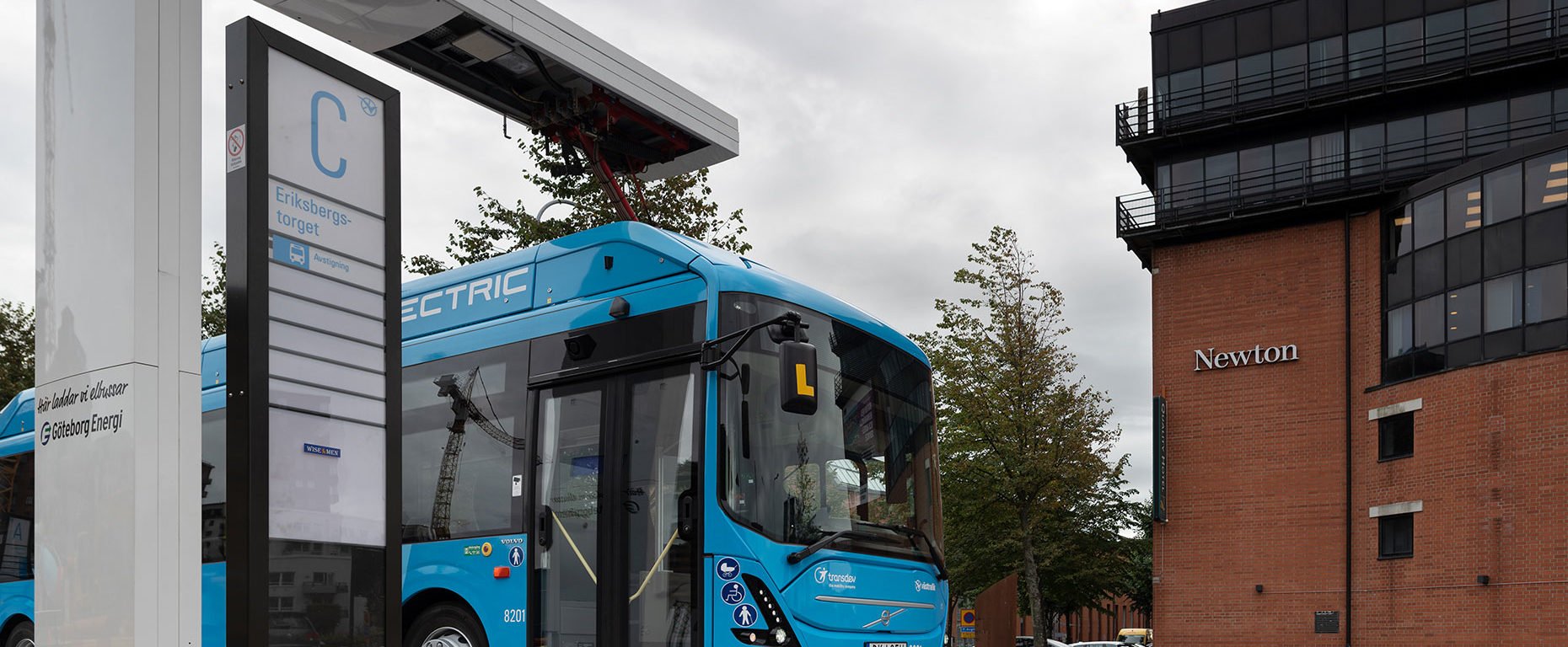Electrified transportation plays an important role if Sweden is to be able to achieve set environmental and climate goals. At the same time, as the conversion needs to take place, it is limited by a strained electricity network. To tackle the challenge, Transdev Sweden is entering the project “Electrified Passenger Transportation” – part of the smart city that is part-financed by Vinnova (the Swedish government agency that administers state funding for research and development). The ambition is to contribute to a balanced electricity network that can handle an increased amount of rechargeable vehicles such as buses and trucks.
In several places in the country, the electricity grid is unable to deliver the power that is demanded at a certain time. This entails restrictions on how many electric vehicles can be charged simultaneously. At present, the lack of capacity limits the development of regions and cities, while preventing companies and industries from growing. The Confederation of Swedish Enterprise estimates that Sweden loses SEK 80 billion (approximately €8 billion) per year as a result.
The goal of the project is to increase local charging capacity without extensive reinforcements of the electricity grid. Through smart charging and energy storage, the project will enable the charging of more electric vehicles and at the same time contribute to a more stable electricity network that makes better use of renewable energy. The project focuses primarily on system solutions for large-scale electrification of buses in public transportation.
The electrification of public transport is accelerating with each passing year. From having started electrifying one line at a time with a few buses, the industry has now switched to large-scale projects, such as the Nordic region’s largest electric bus fleet, which we launched in December in Gothenburg with 160 electric buses. A positive development towards a more sustainable society, but it also places great demands on the electricity grid. It is important for us to participate in such a project and explore all opportunities that exist to accelerate electrification and maximize its societal benefits.
Christian Monstein, Business Development Manager at Transdev Sverige AB
In the city of Västerås, the project will create the first bus depot in Sweden that optimizes the charging of vehicles in combination with energy storage and local energy production through algorithms. At the same time as the pilot plant strategically controls its power output, it can function as a resource in the electricity grid by offering demand flexibility and balancing services. The project also takes a unique sustainability approach through tests of using used bus batteries as energy storage and tests of sodium-based batteries without rare earth metals such as cobalt and lithium.
About the project
The project is run by Tvinn and BioDriv Öst and other participants are ABB, Altris, Scania, Solkompaniet, Svealandstrafiken, Transdev, Region Uppsala and Uppsala University. Funding is provided through Vinnova and the project participants. The project starts in February 2021 and runs for two years, with a total budget of just over SEK 19 million (€1.9 million).

